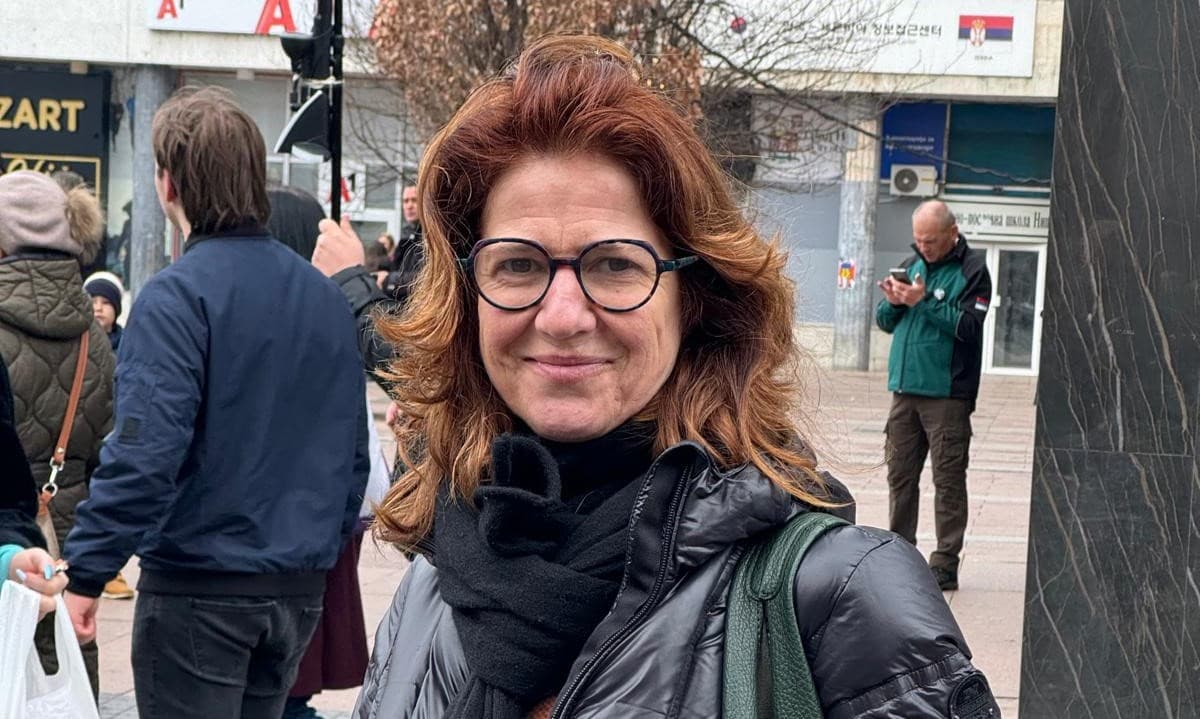The meeting at MIT cannot replace the binding public discussion on the proposed drafts of the media laws.
The presentation of the Draft Law on Amendments and Supplements to the Law on Public Information and Media and the Law on Electronic Media cannot replace the legally mandated public discussion regarding the mentioned legal acts. This statement was made by Saša Mirković, a representative of the Association of Independent Electronic Media (ANEM), during a meeting at the Ministry of Information and Telecommunications, where he detailed the Association's position regarding the current procedure for amending these laws.

The representative of ANEM argued at the meeting that there have been numerous shortcomings from the Ministry of Information and Telecommunications since the adoption of these two laws in late October 2023. It is incredible that it took the end of the mandates of two ministers – Mihajlo Jovanović and Dejan Ristić – and the beginning of the mandate of a third – Boris Bratina – for there to be any discussion at all about the content of the amendments to the draft laws, which, according to representatives of the Ministry of Information and Telecommunications, were aligned with the European Commission.
ANEM believes that the speed at which the legislative texts are being adopted raises doubts about the good intentions of the proposers, who provided the texts of the amendments to these two laws, as well as the Law on Public Media Services, to the participants just before the meeting, and this was after intervention from representatives of the OSCE Mission in Serbia. The lack of accountability from government representatives for such actions further solidifies our stance that we cannot expect improvements in the areas regulated by these two laws following their adoption.
Mirković also pointed out that the proposed amendments to the Law on Public Information and Media regarding public procurement encourage government bodies that have already directed a significant portion of the budget towards project co-financing. The continued misuse of the Law on Public Information and Media will further increase financial support for tabloid media that daily violate the Code of Journalists of Serbia, which is overseen by the Press Council.
ANEM believes that, based on past experiences during the implementation of the Law on Public Information and Media, the proposed amendments concerning media publishers, directly or indirectly owned by the state, do not provide sufficient guarantees or hope for concrete improvements that would contribute to media pluralism and freedom of expression.
The representative of ANEM stated that the amendments to the Law on Electronic Media relating to the Regulatory Body for Electronic Media should have been adopted long before the announced Public Calls for the selection of members of the REM Council, and that the Ministry of Information and Telecommunications must take responsibility for the delays that raise justified doubts about the good intentions of the law's proposers, who are presenting it to the narrower professional public for the first time just as the process of candidate registration for the REM Council is concluding. Keeping all this in mind, it is clear that the Ministry of Information and Telecommunications cannot evade responsibility for the newly created situation that is the result of non-compliance with the provisions of the Media Strategy, for which an Action Plan has yet to be adopted, as the representative of ANEM also pointed out at the meeting.
Saša Mirković, on behalf of ANEM, proposed at the meeting that work on amending the Law on Public Information and Media and related subordinate legislation should commence as soon as possible, which would entail fundamental changes to the provisions regulating project co-financing for media. This institute has been rendered meaningless in recent months due to non-transparent changes to regulations, alterations in criteria, and unreasonable scoring policies that have excluded genuine experts from membership in selection committees, while professional media have been left without financial resources to support proposed projects.
In this regard, Mirković emphasized that the delay by the Ministry of Information and Telecommunications has resulted in a missed opportunity to transpose the urgently needed provisions of the European Media Freedom Act into domestic legislation, which defines additional rules for the protection of media pluralism and independence. The European Commission should also be aware of this, as it should not be exploited in this process to justify the shortcomings deliberately made by the local authorities.
Association of Independent Electronic Media
Related Articles

ANEM ALARM: The dismissal of the correspondent for the French newspaper Le Figaro, Milica Čubrilo Filipović, may represent a dangerous practice.

ANEM ALARM: Unacceptable attempt to persecute Nemanja Šarović for comments made under a post on Instagram.
.png&w=3840&q=75)


%20%C4%86ao%20Nevena%20VERAN%20MATI%C4%86%20Vlast%20%C5%BEeli%20da%20istrebi%20novinare%20-%20YouTube.png&w=3840&q=75)









